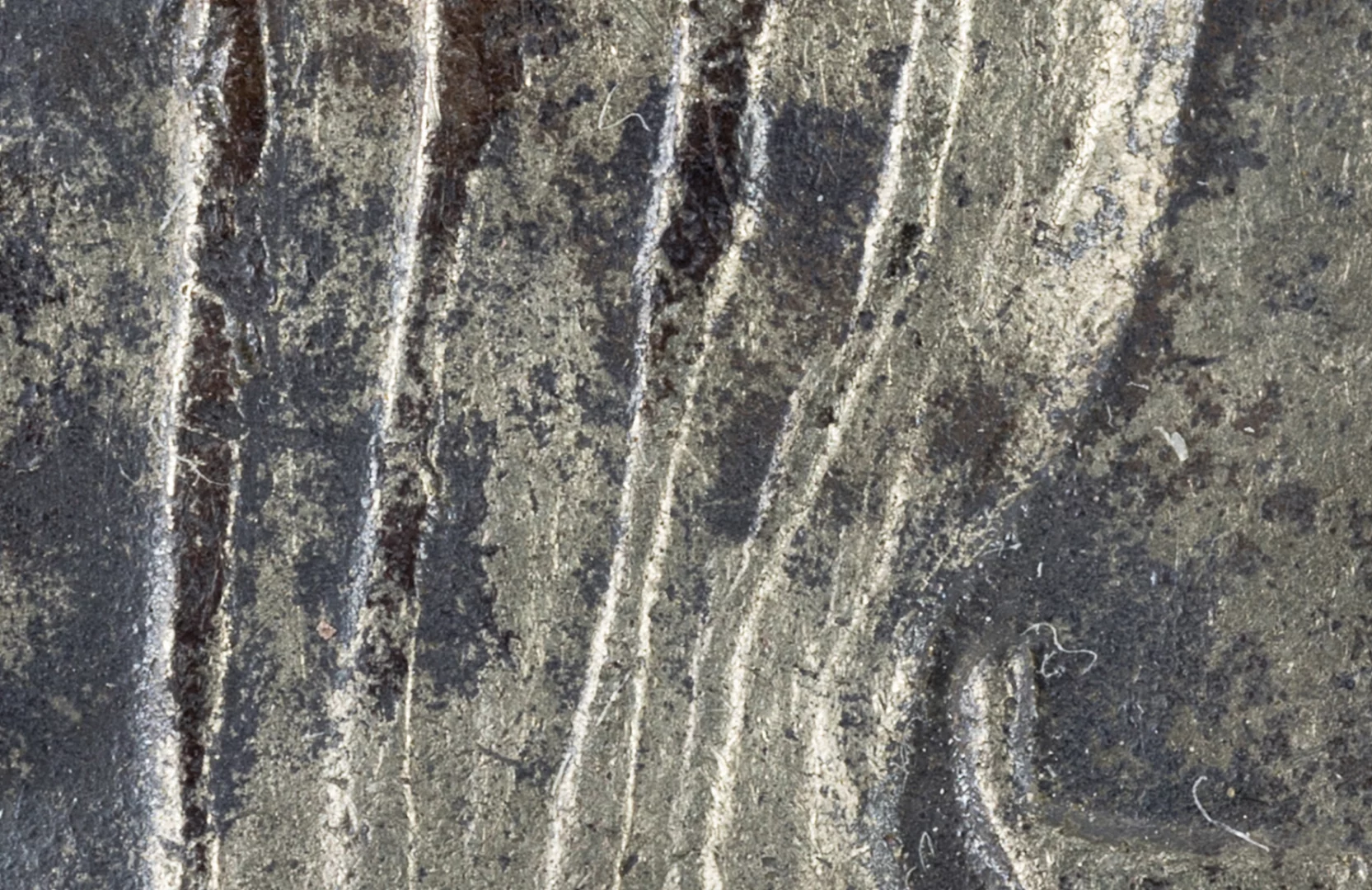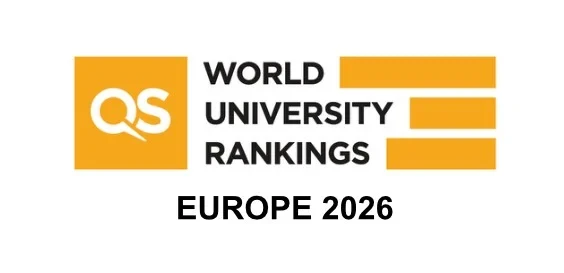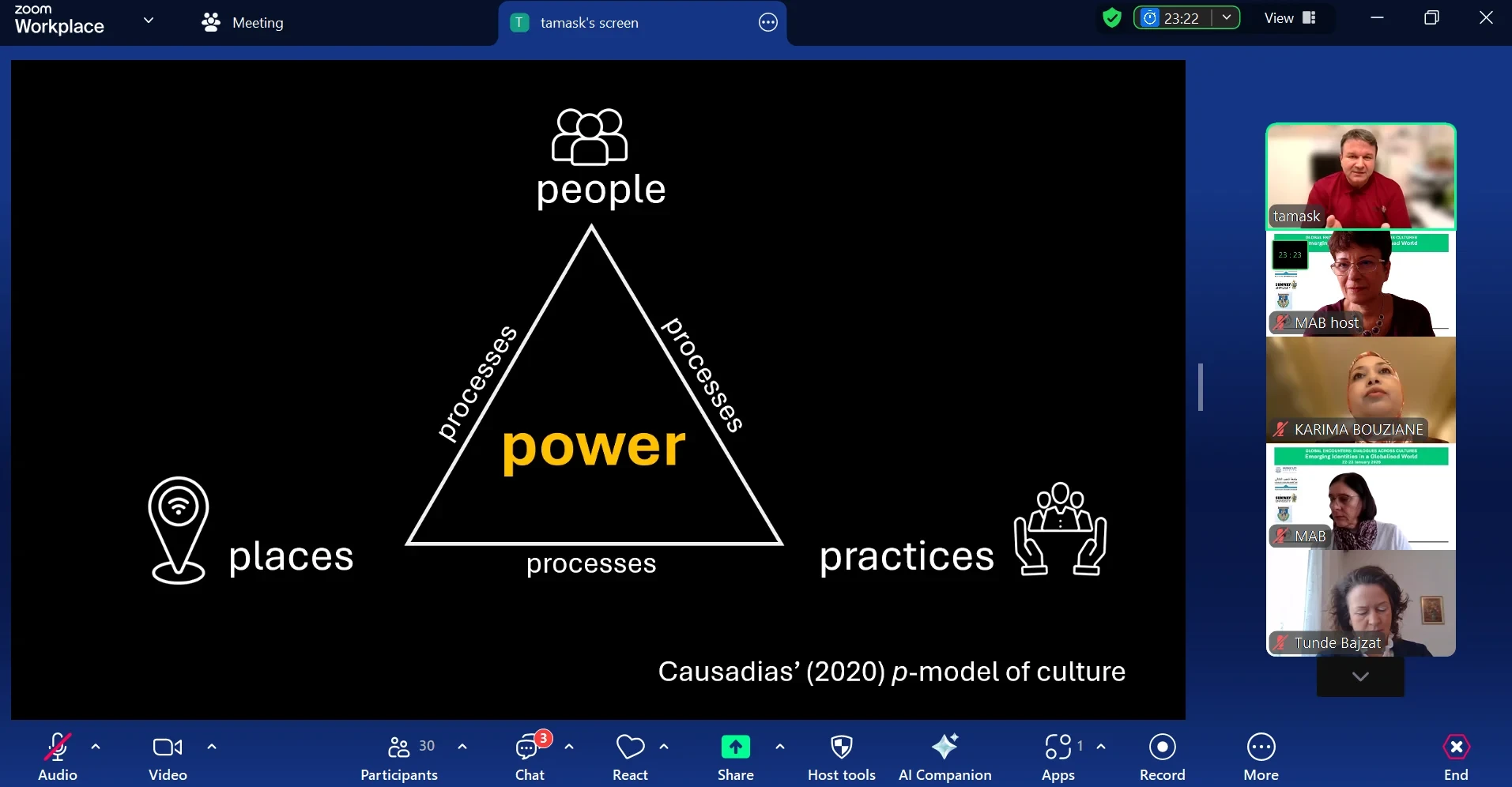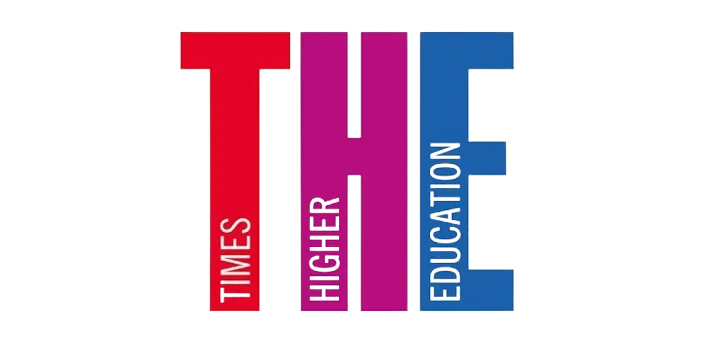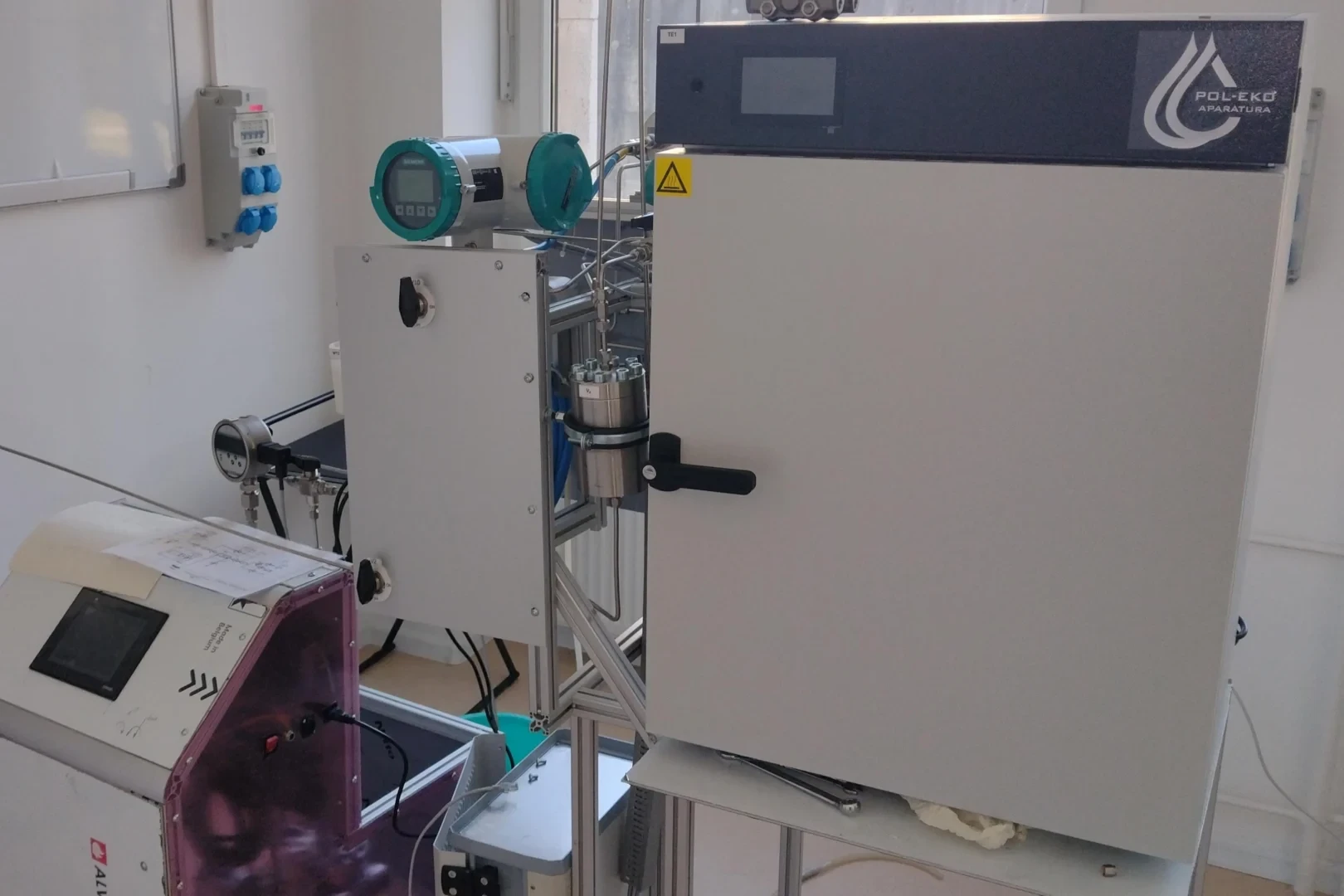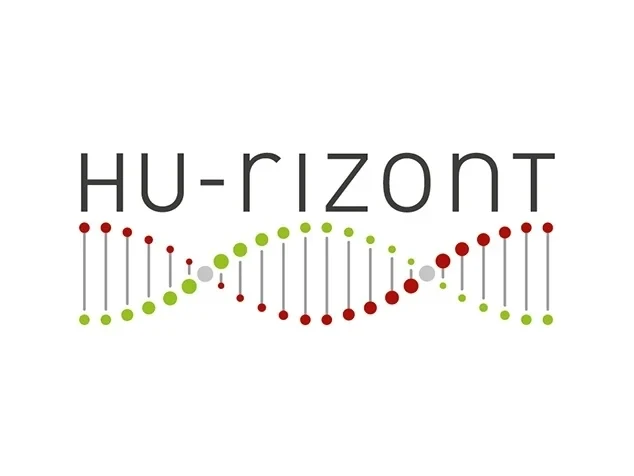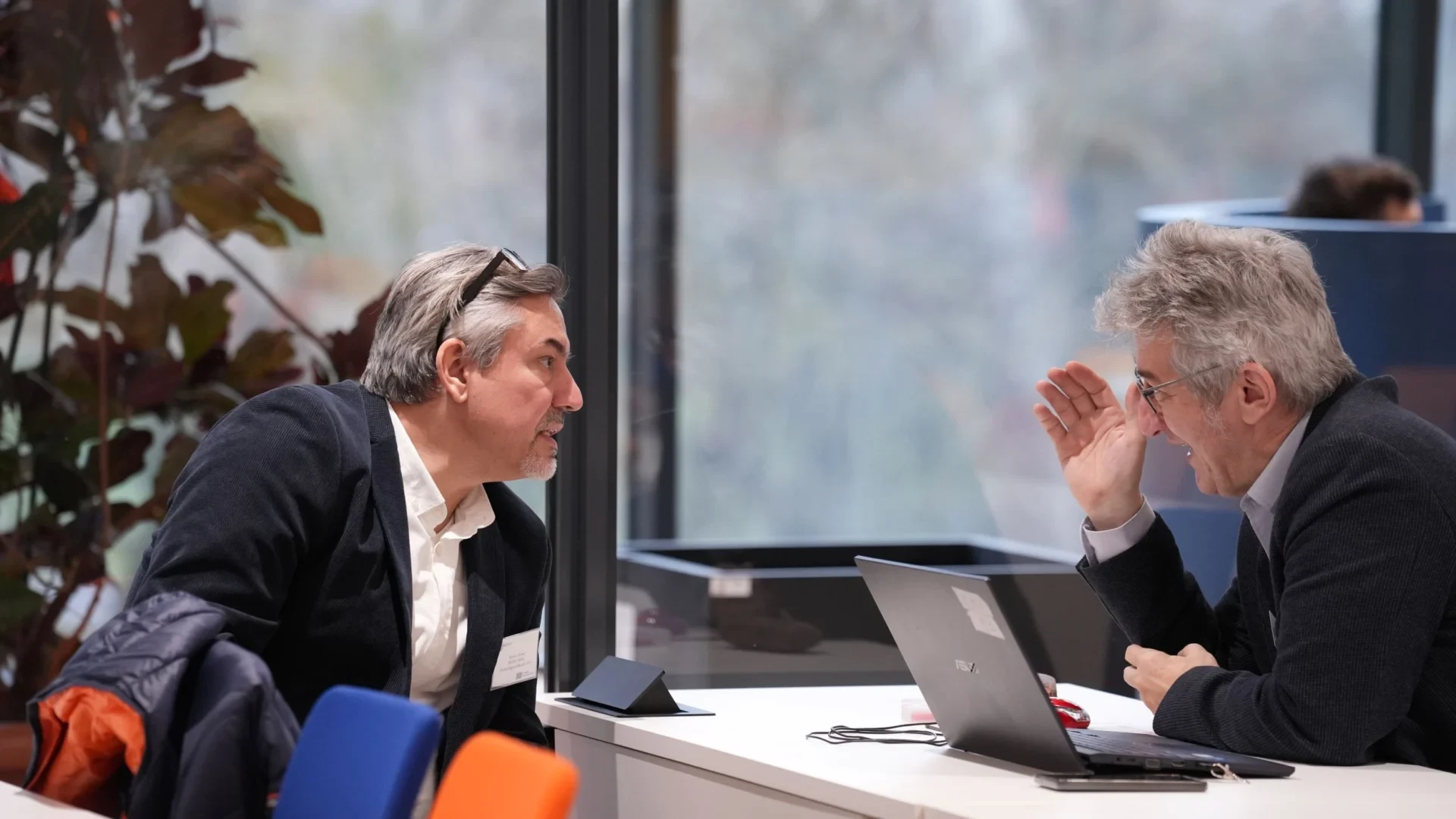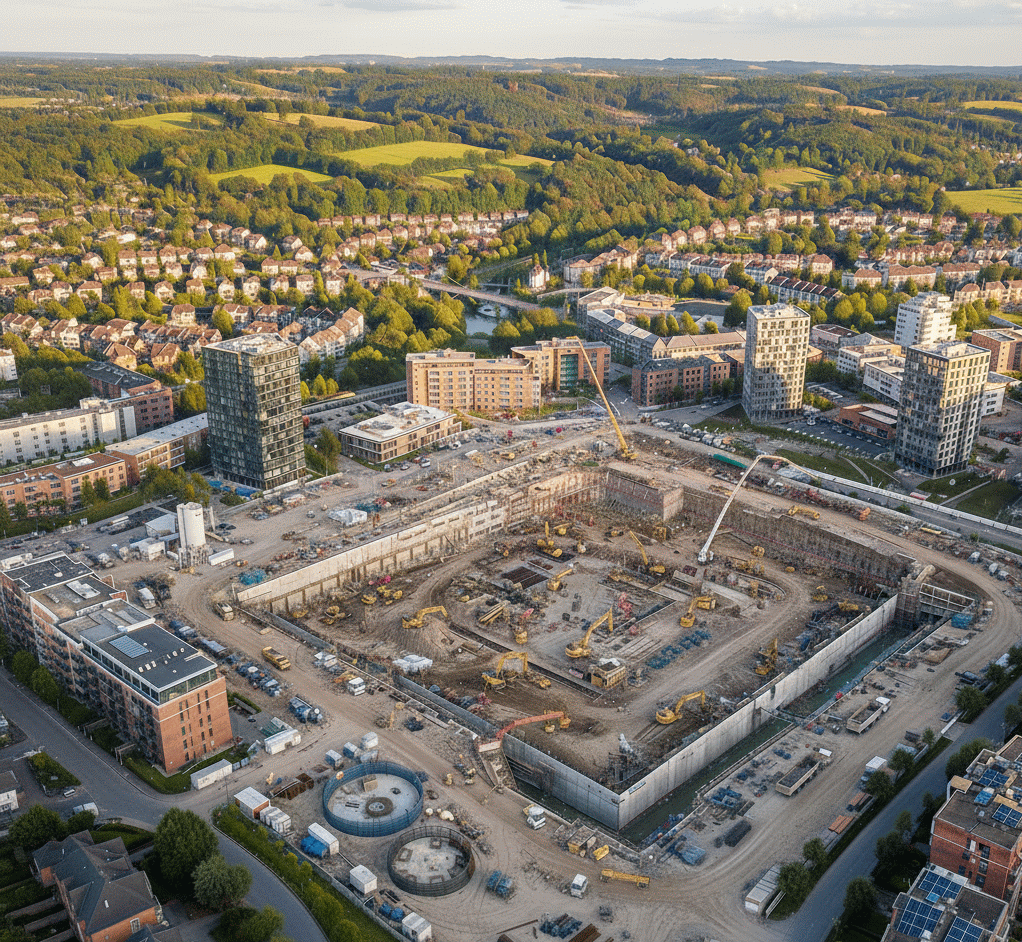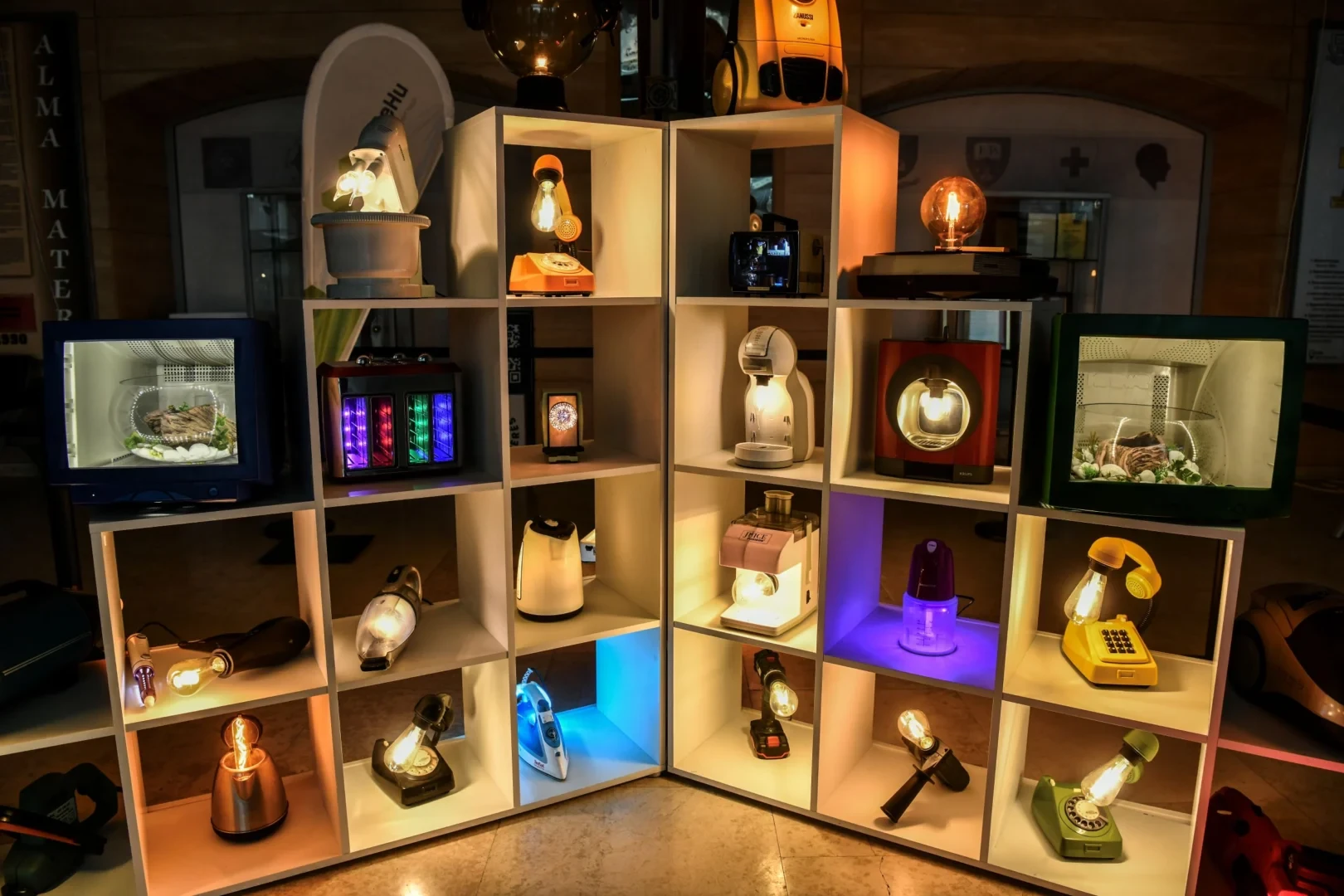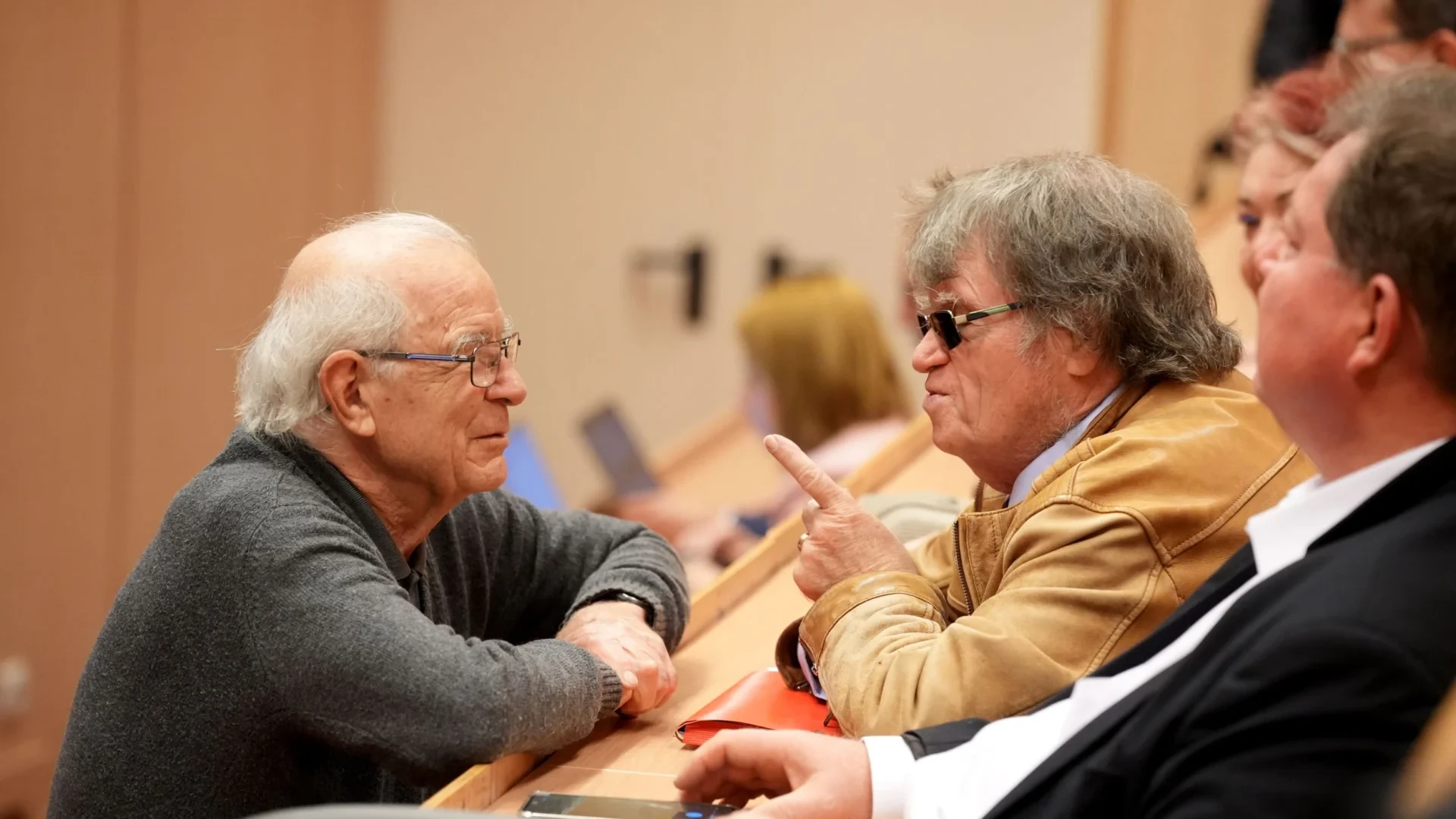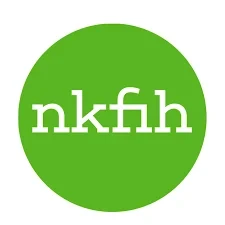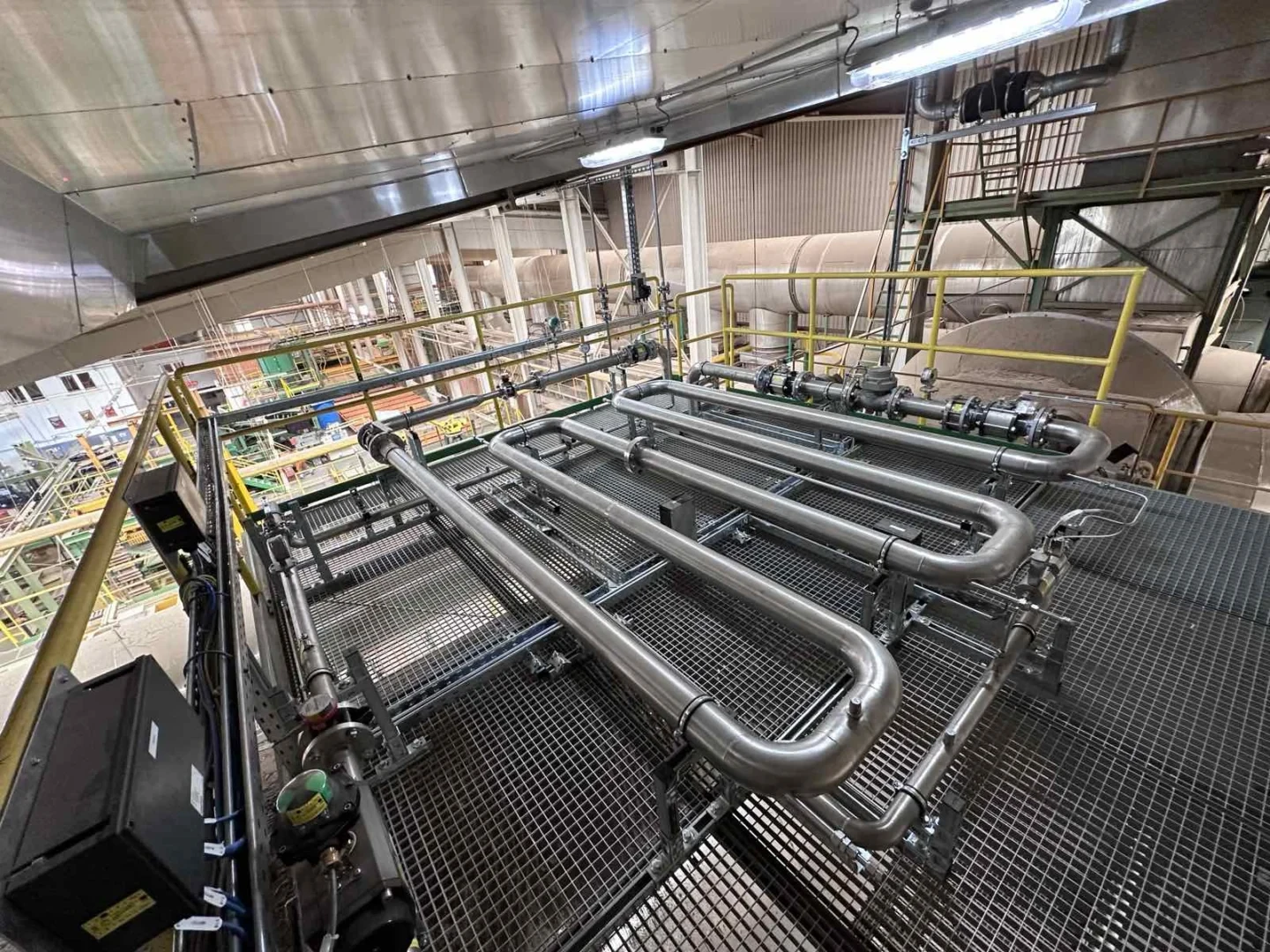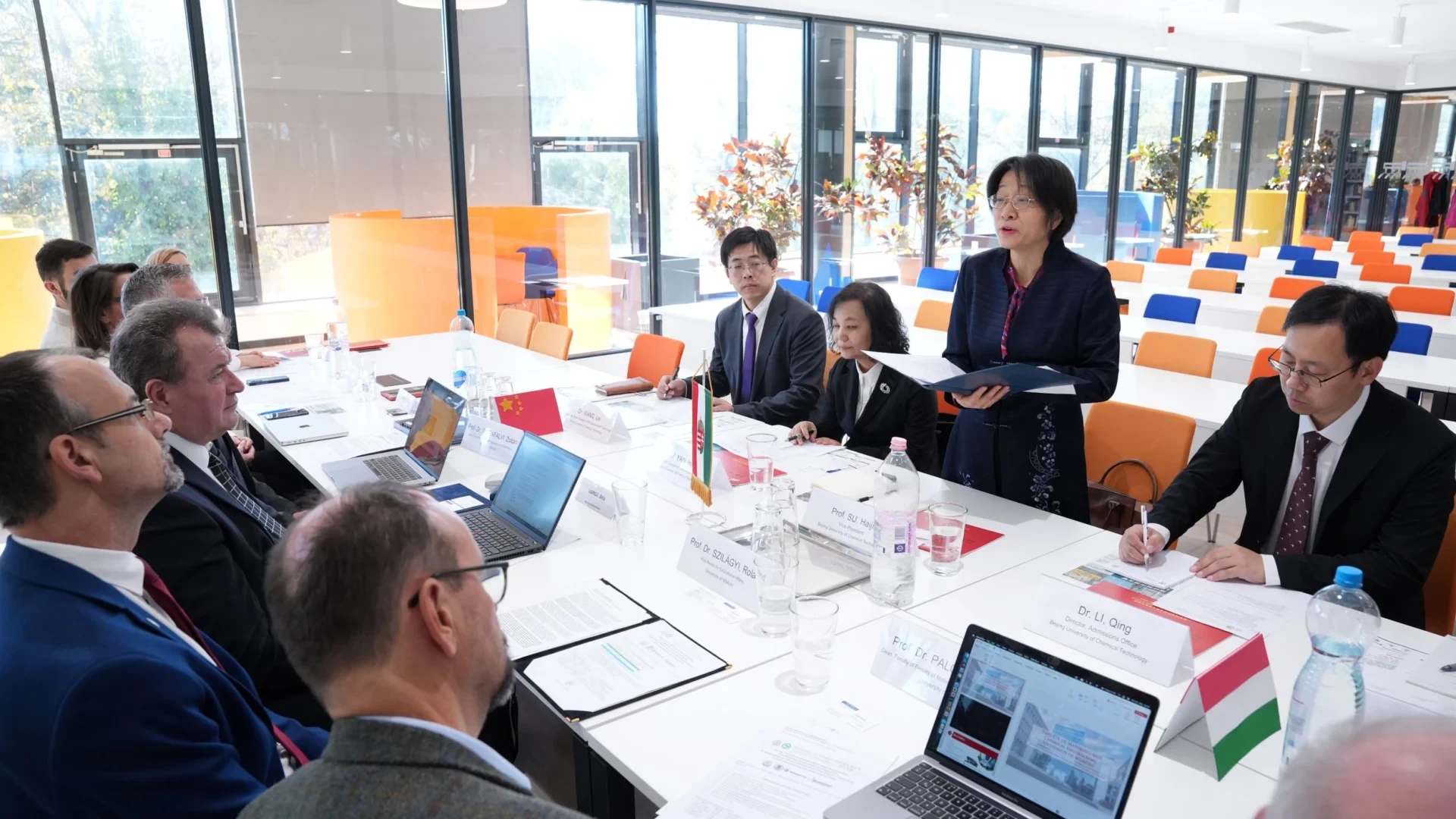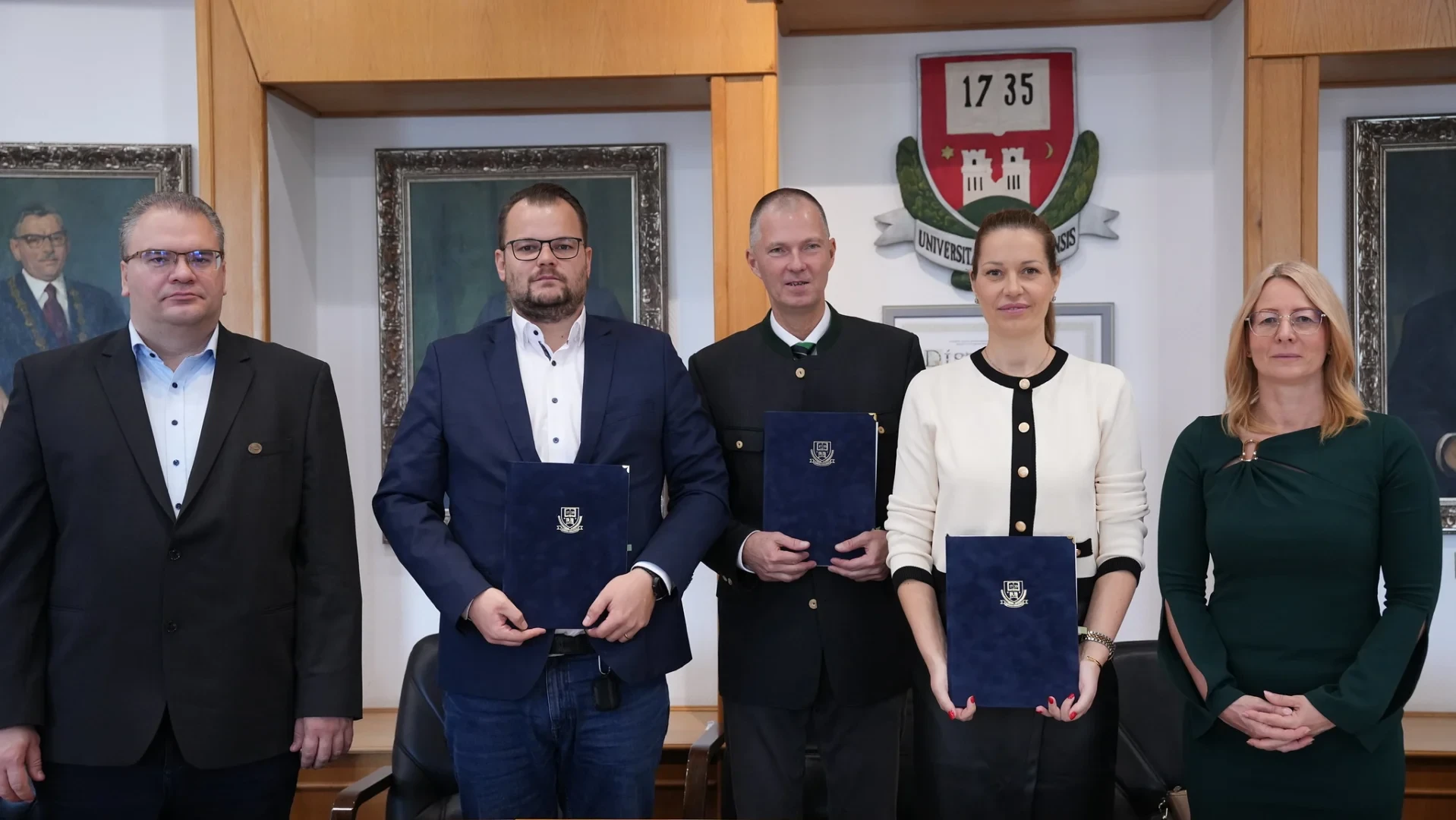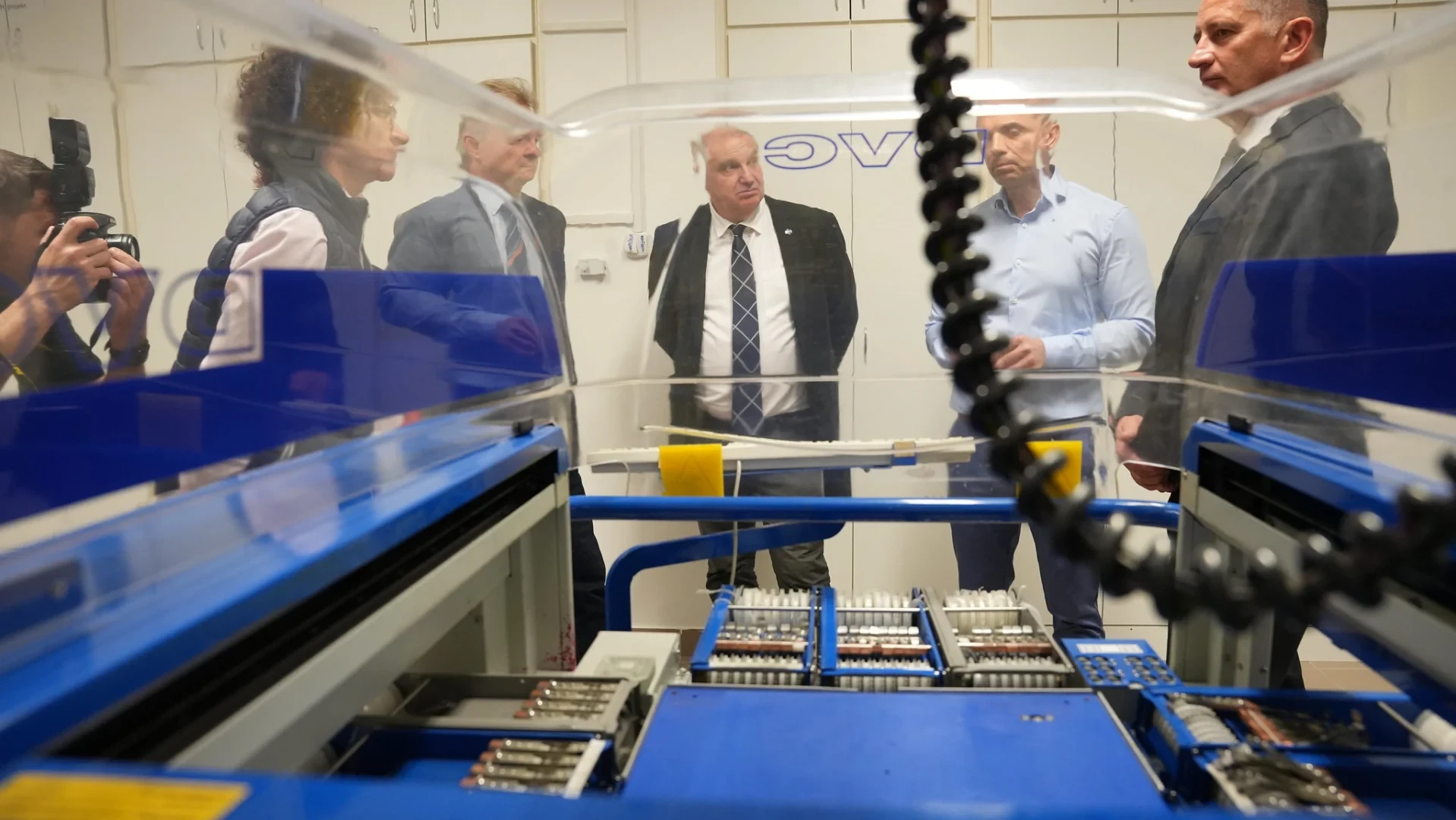- Pázmány Péter Catholic University, Budapest
complex archaeometric analysis of 8th-11th century double-edged swords, archaeometallurgical and technical-historical expertise - Institute of Hungarian Studies, Budapest
Complex archaeometric investigation of Iron Age iron objects, technical expert opinion and compositional analysis of non-ferrous metal objects. - Herman Ottó Museum, Miskolc
Archaeometric investigation of Celtic slags and iron buca fragments and archaeometallurgical expertise - Hungarian National Museum, Budapest
XRF analysis of silver coins of the Western Silver Age of the Conquest Period, expert opinion on relatedness and provenance - University of Szeged, Szeged
Archaeometric analysis and expert opinion of Tatar Iron and copper alloy finds - Móra Ferenc Museum, Szeged
Archaeometric material analysis and archaeometallurgical evaluation of precious metal and iron objects from the Árpád period - Centre for Astronomy and Earth Sciences, Budapest, Hungary
X-ray diffraction analysis of Roman silver objects to reveal residual stress and microstructural characteristics, interpretation of the results from an archaeometric point of view. - Katona József Museum, Kecskemét
Archaeometric material analysis and technological-technological-technical-historical evaluation of 13th c. iron swords and bronze daggers - Ásatárs Ltd. Kecskemét
Complex archaeometric examination of Early Iron Age smelting and forging moulds, archaeometallurgical expertise - Leibniz Institut für Geschichte und Kultur des östlichen Europa (GWZO), Leipzig
Complex archaeometric investigation of large iron ingots, iron shapes and iron objects from the Late Roman period, related reconstruction experiments, preparation of a summary archaeometallurgical report. - St. Stephen the King Museum, Székesfehérvár
Archaeometric examination of Avar scales and preparation of a technical report on the history of preparation - Hungarian National Museum, Budapest
Complex material analysis and archaeometallurgical evaluation of Scythian iron weapons - Pázmány Péter Catholic University, Budapest
Archaeometallurgical and technical-historical examination of bronze and iron objects from the Crusader fortress of Al-Marqab, Syria, and expert opinion on the preparation technology.

